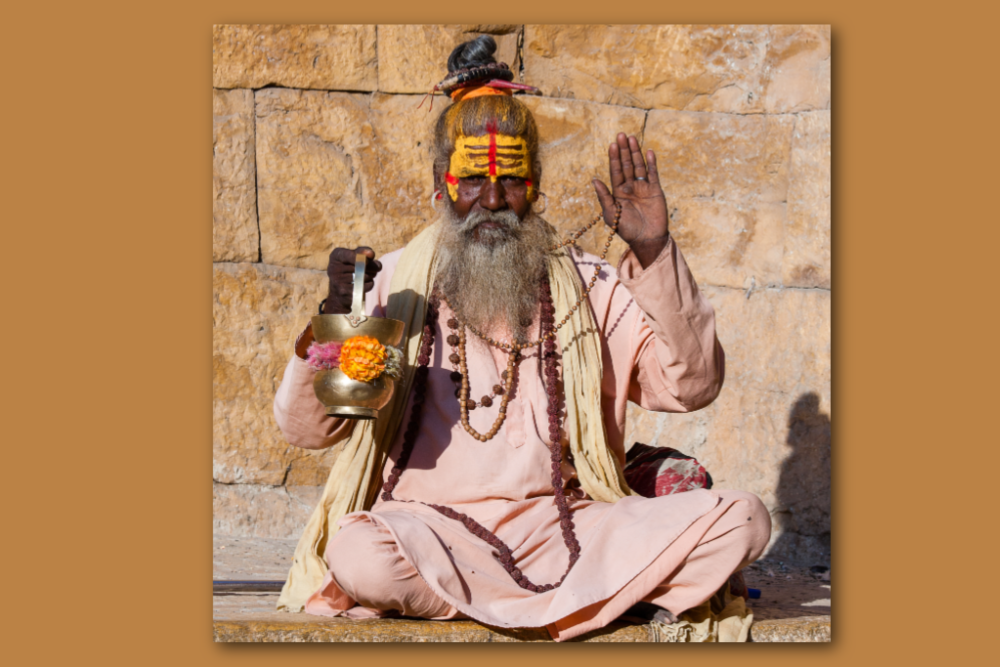The World Congress is just a few weeks away and we will gather together in Delhi to learn about and discuss our favorite scientific topic – hair loss and hair restoration. But what about the religious and cultural importance of hair in India?
For Sikhs, hair holds significance as a natural gift from the creator, as a symbol of spirituality, and as a commitment to the faith’s core values. Sikhs maintain uncut hair as a sign of humility and submission. The uncut hair, covered by a turban, signifies spiritual sovereignty, equality, and the rejection of societal norms that promote vanity. It fosters a sense of community and unity and is a constant reminder to uphold justice and compassion whilst resisting worldly temptations.
In Hinduism, hair is a symbol of purity and devotion. Many Hindus believe that hair represents one’s connection to the divine. It is common for Hindus to offer their hair as a form of sacrifice or penance during religious rituals, especially at temples. Shaving one’s head, which is known as tonsure, is a way to purify the body and mind, signifying a fresh start and commitment to spiritual growth.
The long hair of deities such as Lord Shiva and Goddess Kali represents their divine power and untamed nature, inspiring reverence and awe. It is understandable then why hair might be particularly important to Hindu priests, especially those who adhere to traditional practices. It is believed that uncut hair is a connection to the divine, representing a flow of energy and wisdom from the gods.
During rituals and ceremonies, priests often tie their hair in a top knot (jata).

Muslim men often keep their hair short as part of their religious practice. Islam encourages cleanliness and personal hygiene so maintaining facial hair in a clean and well-groomed manner also aligns with these principles.
Whilst there is no strict requirement for Muslim men to shave body hair, many choose to do so as a means of following Sunnah (the practice and traditions of the Prophet Muhammad). It is believed that the regular removal of body hair can help maintain cleanliness, especially during acts of worship like performing ablutions (wudu) before prayers. Additionally, the removal of body hair can bee seen as an act of self-purification and modesty.
In Buddhism, hair holds symbolic significance as a reminder of detachment from worldly desires. Monks and nuns shave their heads to renounce vanity and attachments to physical appearance. This act symbolizes their commitment to a simple, ascetic lifestyle, focused on inner spiritual growth rather than external aesthetics. By letting go of their hair, Buddhists strive to embrace the core teachings of impermanence and the pursuit of inner peace and enlightenment.
Hair can also denote social identity. For instance, the vermillion sindoor in a married Hindu woman’s hairline is a symbol of her marital status. Different communities and castes also have distinct hairstyles and grooming practices that reflect their cultural identity.
Hair in India transcends being a mere physical attribute – it embodies a rich tapestry of culture, spirituality, tradition, and personal expression. Its importance is deeply ingrained in the diverse fabric of Indian society, making it an integral part of the country’s identity and heritage.
Come and learn more about hair at the 31st World Congress!